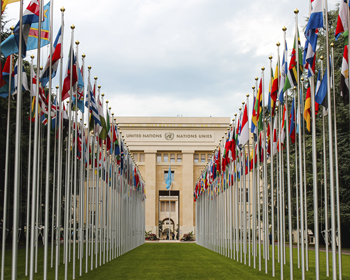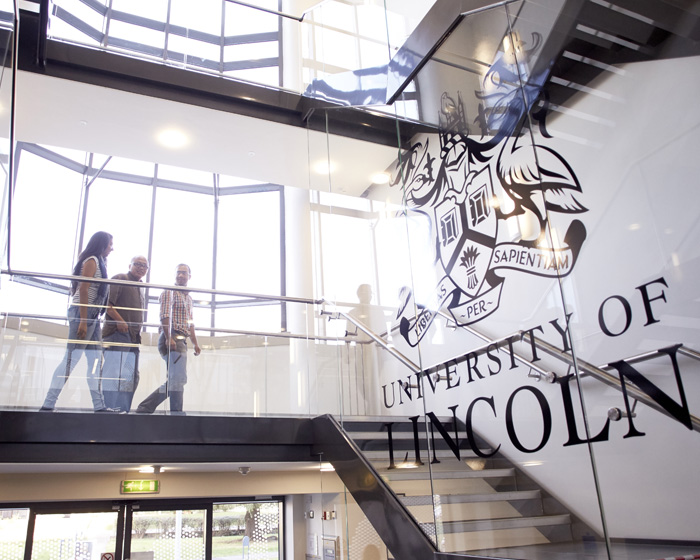/prod01/university-of-lincoln-cdn-pxl/media/responsive2017/research/Ecological,Justice,banner,alt2.jpg )
Lincoln Centre for Ecological Justice
"Act as if the house is on fire, because it is."
These words of Swedish activist, Greta Thunberg, sum up the damage that humans are wreaking on the environment. They also serve as a reminder that we urgently need to embed new, or better ways of thinking about the environment in individual and institutional practices if we are to prevent critical planetary boundaries from being breached. Our failure to think and to act will result in catastrophic effects for human and natural systems.
Despite our technological and cultural achievements, we remain (and will always remain) critically dependent on healthy, functioning earth-system and ecosystem processes. The accelerating environmental degradation projected for this century, of which climate change, natural habitat loss, over-exploitation of resources and pollution are major drivers, will likely move many key natural systems beyond their capacity for resilience to the limits where sudden and dramatic regime shifts, perhaps even complete system collapses, will occur.
The implications of these changes are profound, both for the natural world and for the goods and services it provides humanity, not least the impacts on food production and threats to health from pollution and emerging diseases. They are also profound in terms of the social and economic disruption and dislocation that will inevitably follow these changes.
Finding Solutions
We know that solutions to these challenges are urgently needed. However, our solutions to these problems currently remain embedded within institutions that perpetuate the problem. If we are to change the types of solutions that are adopted we need to improve our understanding of how best to make the necessary changes in human and institutional behaviour at a level and degree that will make a difference. Developing our understanding of how to induce the necessary changes requires new forms of research, with new synergies from interdisciplinary, cross-scale research in law, the natural and social sciences, and the humanities.
The Lincoln Centre for Ecological Justice will lead and enable creative research that does just that, and will deliver new understandings of the types of changes and governance measures needed to turn the Anthropocene from an era of high risk for society and the environment to one in which the needs of all are met on an equitable basis.





